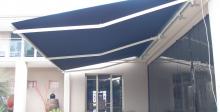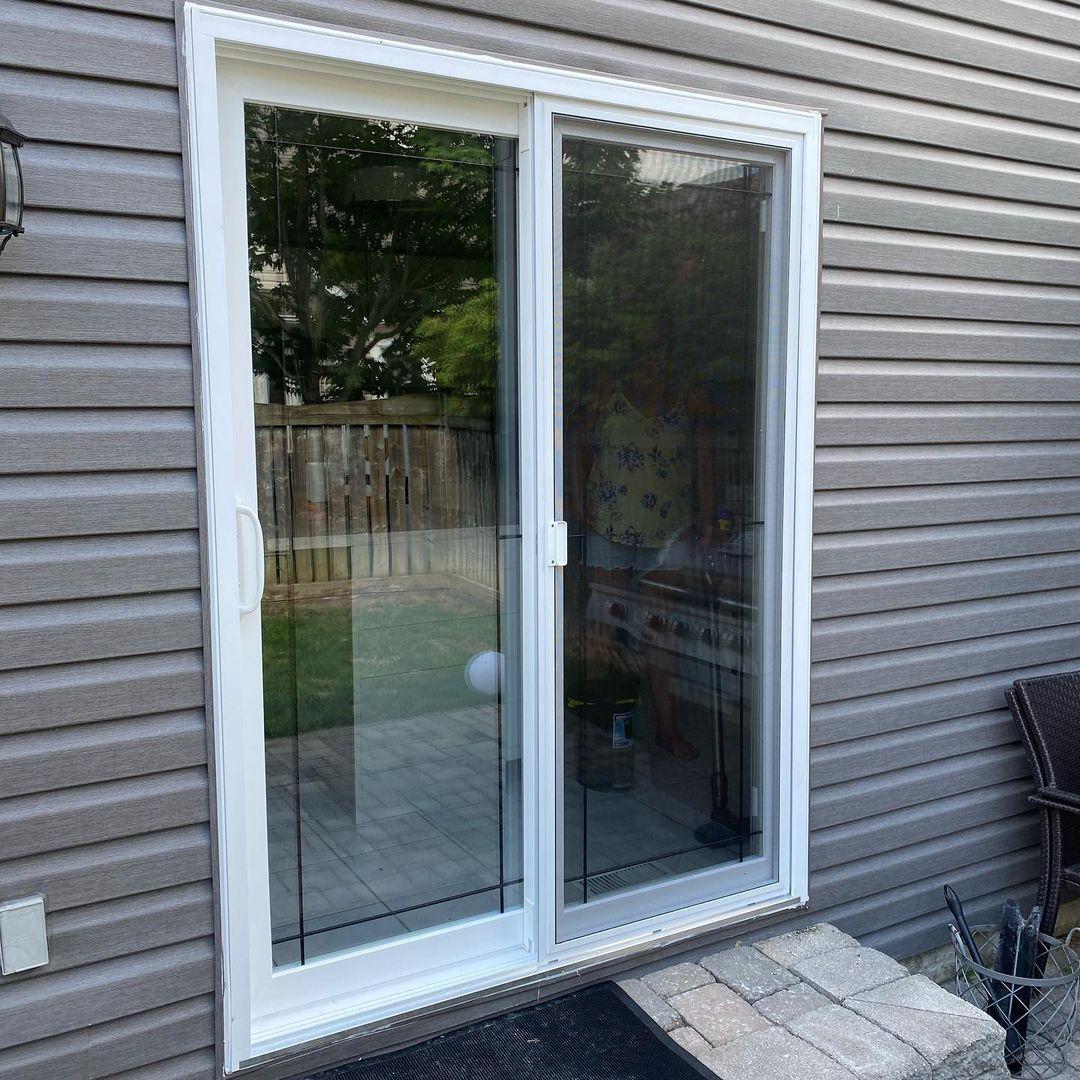Home Design Guides: Insulation, Climate control
How to improve your home's insulation
Is your house not keeping out the neighbour's noisy parties? Perhaps you're intending on setting up a home theatre? Find out more about how to improve the soundproofing in your home with better insulation.
DIY vs. professional insulation
What sort of insulation can you install yourself - and when might you need to hire a professional do the job properly? Find out more about what's required to install different sorts of acoustic insulation.
How does insulation work?
Different types of insulation work in different ways to help control the way heat and sound travel through your home.
How to choose insulation
Different sorts of insulation vary in terms of how effective they are at controlling heat and sound, how they can be installed and how much they cost. Find out what's right for your home.
Insulation & passive design
Effective insulation plays a starring role in how well a house is able to separate the climate inside from that outside - and is therefore a critical part of passive house design and climate control.
Types of thermal insulation
There are all kinds of options when it comes to thermal insulation. Find out what sorts of insulation are available, and what's likely to suit your house.
Insulation for different areas
Find out what sort of insulation is required in different parts of your home, and why. Learn more about roof, wall, under-floor, door and window insulation.
What are double glazed windows?
- Reduces heat transfer very effectively
- Excellent acoustic insulation
- Costs much more than single glazing
Low-e glass
- Improves solar and thermal control
- Reduces UV transmission
- Relatively expensive
- Can reduce solar heat gain in winter
Insulation and climate control
Artificially cooling an area depends heavily on how well you can keep heat out of it. Good insulation is vital to ensuring that your house remains cool.
Roof insulation
Your roof is extremely important when it comes to insulation. Not only does the sun beat down on it all day, but it also helps prevent warmth from escaping in winter. Find out how to insulate your roof.
Wall insulation
Thermal insulation is particularly important for walls too. How well your walls are insulated can make a serious difference to how hot your house gets - particularly for east and west facing walls.
Floor insulation
Find out how effective under-floor insulation and concrete slab insulation is for conserving energy and keeping your home cool or warm.
Door insulation
Not all doors are created equal - some will allow lots heat in or out of your home through the body of the door, and allow air to pass around the edges. Find out what makes for a well-insulated door.
Window insulation
Windows are responsible for most of the natural heat loss or heat gain in most homes. Find out how to effectively insulate your home's windows and glass doors.
Cellulose insulation
Cellulose insulation is made from plant fibres, and is used to insulate wall and roof cavities. Cellulose insulation does an excellent job of controlling heat at a good price, and is highly versatile.
Glass wool insulation
Glass wool is made from fibreglass, and is available either as rolls of insulation, or as batts or blanketing. Glass wool is relatively inexpensive, and as a result it's sometimes layered for improved insulating performance.
Rock wool insulation
Also known as 'mineral wool', this type of insulation is made from rock spun into thin strands and then bound together. It's normally sold in rolls or batts, is inexpensive, and is relatively effective and easy to install.
Natural wool insulation
The ability of sheep's wool insulation to provide effective soundproofing comes down to how thick it is. Find out more about how sheep's wool insulation can be used for soundproofing.
Polystyrene insulation
Polystyrene is an increasingly popular insulation material, used either as a part of structural insulated panels (SIPs) or as individual blocks or sheets. Polystyrene is an excellent insulator, and is relatively inexpensive.
























